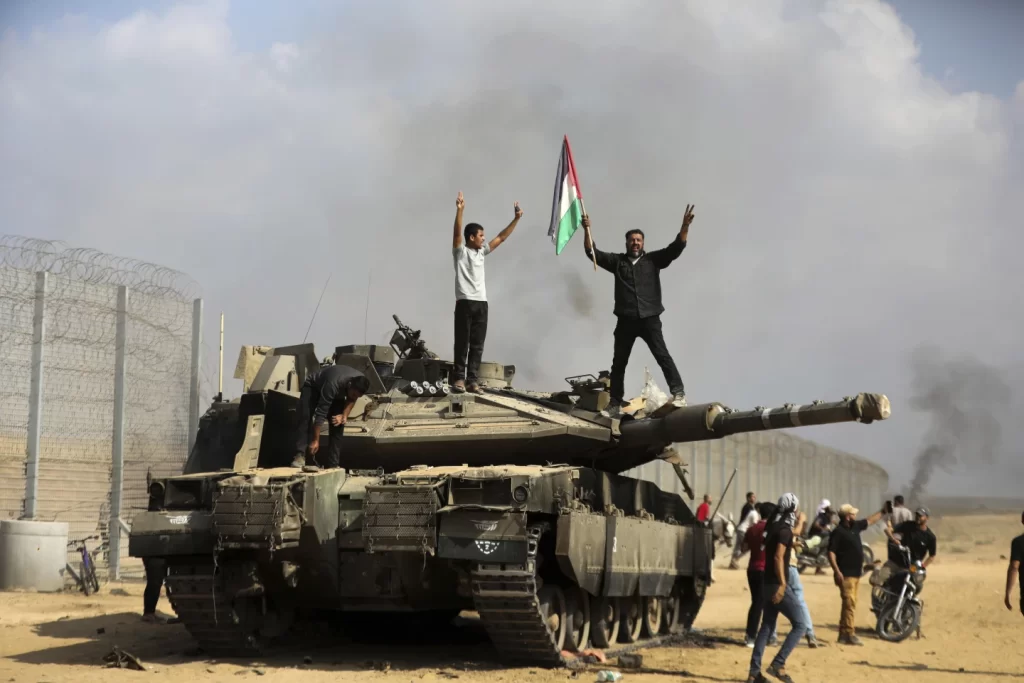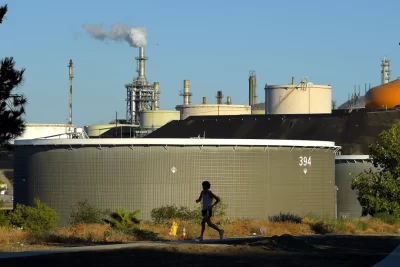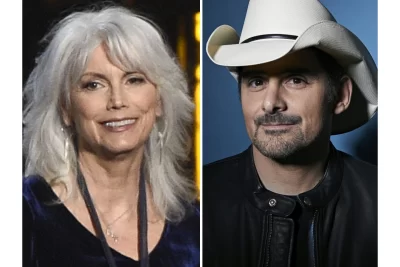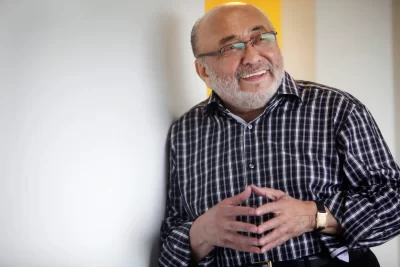
In recent years the crowd for the Marade has grown to as large as 62,000 people. It’s one of the country’s first and largest celebrations of King’s legacy.
Among those who braved the frigid temps were local leaders like Aurora Mayor Mike Coffman, Sen. Michael Bennet, Sen. John Hickenlooper, Rep. Joe Neguse and Denver Mayor Mike Johnston. Neguse, a Democrat who represents Colorado’s 2nd Congressional District, told the crowd that one of his favorite quotes from the civil rights leader is “Life’s most urgent and persistent question is what are you doing for others?”
“We know that the struggle is far from over. When one in five Black families live in poverty in Colorado we know our work is not done. When diversity and equity and inclusion is under attack like never before we know our work is not done. When voting rights — which are sacrosanct — are under attack in every jurisdiction in this land we know our work is not done. So it is up to us to be the light as Dr. King was the light, to bring light, to shine light, to spread light and if you do that, freedom will ring and the dream will never die,” said Neguse.
Vern L. Howard, the chairman of the Dr. Martin Luther King Jr. Colorado Holiday Commission, Colorado over the holiday weekend that the cold wouldn’t hold them back from marching.
Top Videos00:0801:30How Colorado organizations are helping keeping animalssafe from the cold
In 1989 the event was canceled due to the weather, however, at least 500 people still marched, including Howard.
“When we think about Dr. Martin Luther King Jr. and the marching he did, it was against fire hoses, biting dogs, the threat of death, just so we can have civil rights,” said Howard.
The theme of Monday’s Marade was recapturing the dream and the message that King had when he was alive.
“Know your history. Know the people who have sacrificed so much so that these youngsters can have the ability and the privilege that they have today,” said youth violence prevention activist Rev. Leon Kelly. “Many of our young people don’t take time to understand and learn their history.”
“They don’t know where they come from. And if you don’t know where you come from how in the world are you going to know where you’re going.”







